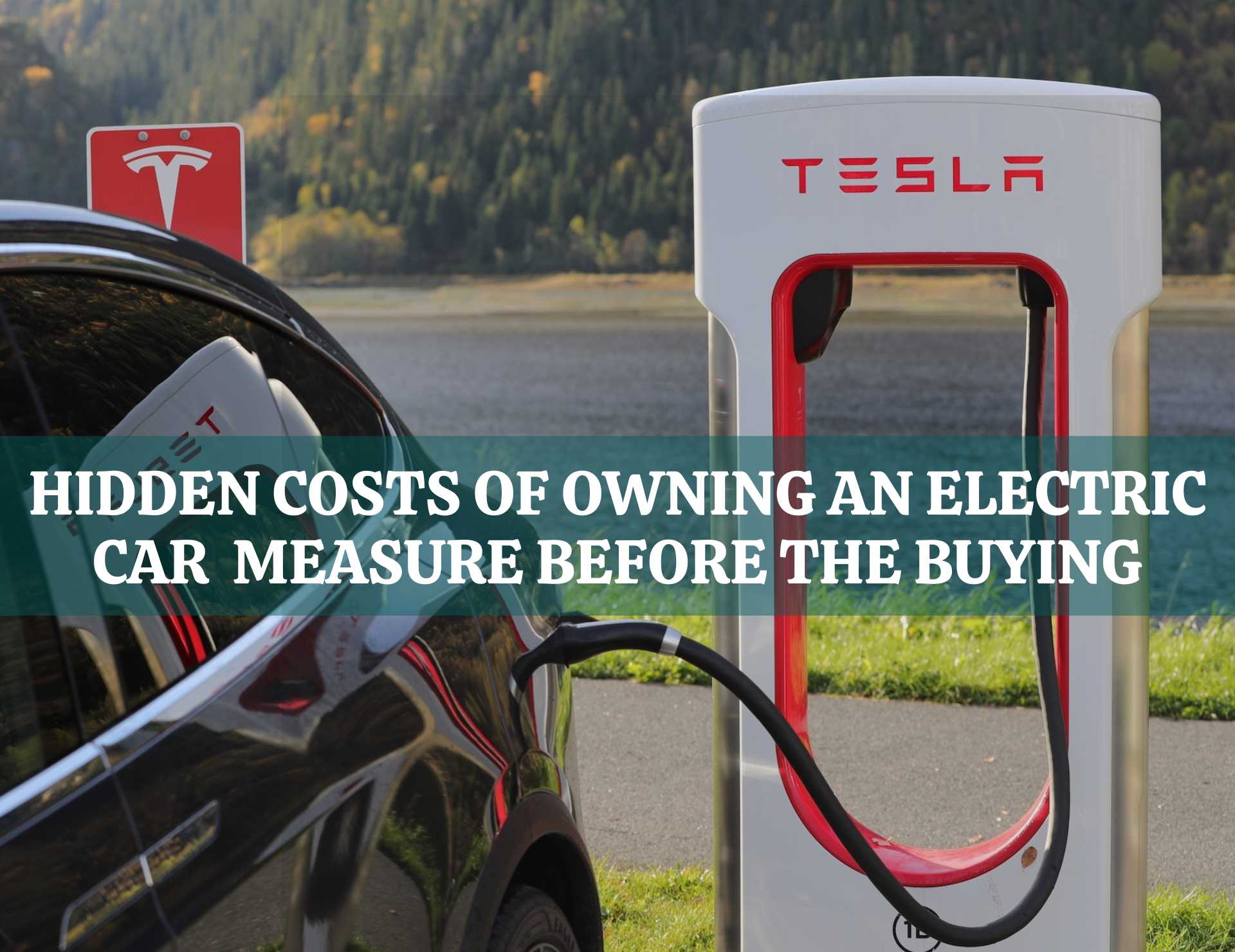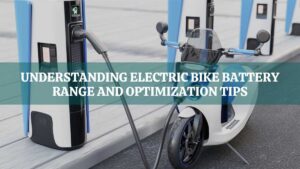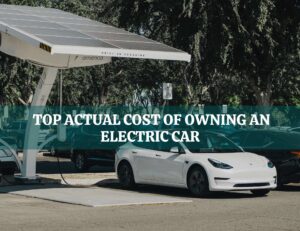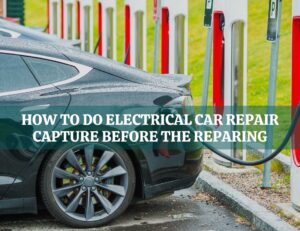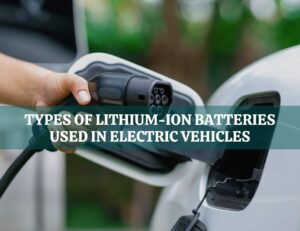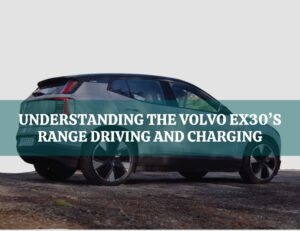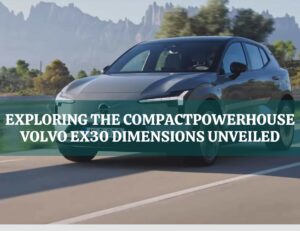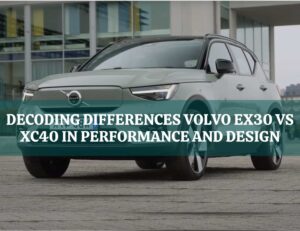The era of electric vehicles is only beginning, and eager motorists look forward to being able to break their reliance on expensive and erratic gas prices. The possibility of running cars on energy, in some cases powered by residential solar panels, almost sounds too fantastic to be true. What’s the catch, then?
Long-term cost savings and environmental advancements from electric cars may be significant, but the early stages may incur additional costs.
These unforeseen expenses of owning an electric car should be considered if your garage is currently being prepared for a new electric vehicle.
Hidden Costs of Owning An Electric Car
Drivers throughout the country were persuaded to reconsider going electric in 2023 due to record-high gas costs. Since EVs require zero trips to the petrol station and have lower ownership costs over time, they should pay more to make up for their higher initial cost.
EVs can be financially advantageous for sure drivers, but many additional expenses are not publicly disclosed in industry marketing.
Do the math to establish what is best for you and your budget rather than letting pressure to choose something that could or might not work for you stand in your way.
You might be surprised to learn which is the better purchase if you carefully compare the cost of an EV and a typical automobile, considering any tax advantages, maintenance costs, and fuel costs.
Preparing Your Home for an EV
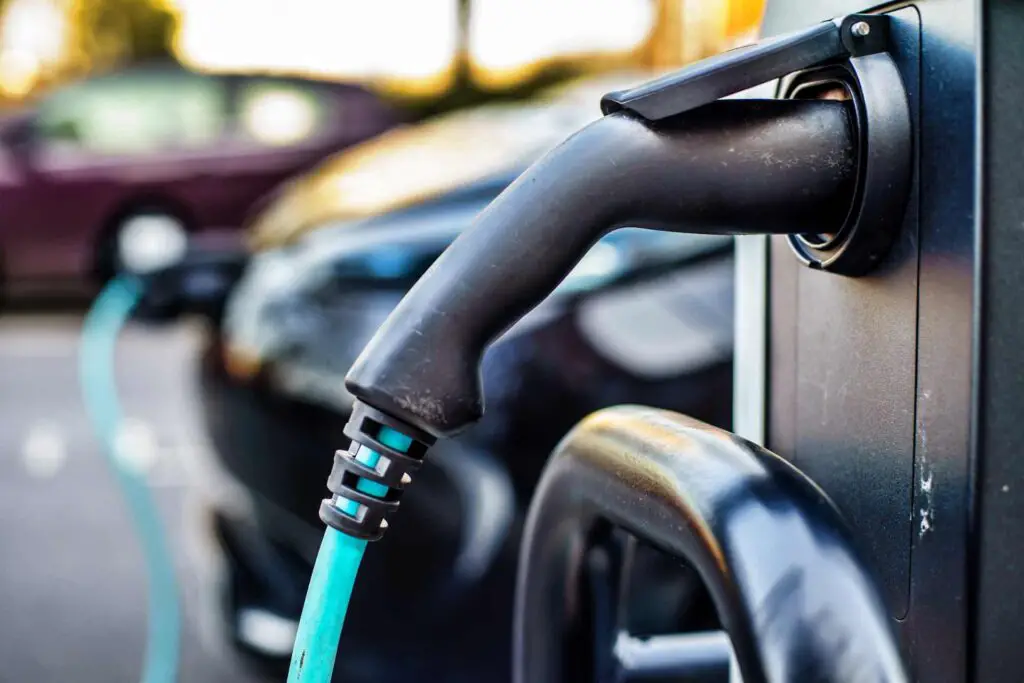
Regarding EV ownership, getting your home ready for electric vehicles is a cost few people consider. A typical 120V Level 1 charger will be more than sufficient to recharge your car for the following day if you don’t significantly deplete its range every day. But you might want a Level 2 charger to suit your driving needs if you drive your car frequently and typically get home with an almost dead battery. You may often wake up the following day to a wholly charged vehicle if you overnight charge your EV with a Level 2 charger.
A Level 2 charger costs money to install. Others are hardwired into your home’s electrical infrastructure, while some charging stations can be plugged directly into a 240V outlet. You should see an electrician, even if your house already has a 240V outlet, to ensure the Level 2 station won’t harm your house’s electrical system.
Level 2 home charging stations like the JuiceBox 40 can cost thousands of dollars if you want additional power or multiple outlets. Add this to the installation fee an electrician will charge you, which will depend on the area and complexity. The fact that it will also protect your property from the future and increase its appeal to potential purchasers, should you decide to sell, makes it an undoubtedly justified investment.
Higher Insurance Rates

You can receive a surprise when it comes time to insure your electric vehicle. EVs may cost more to insure, according to Progressive Insurance. This is true because EVs frequently cost more than a comparable gasoline-powered car. Insurance premiums for more expensive cars are often higher due to the higher total cost of ownership and maintenance.
Also, it’s difficult to locate companies with the knowledge to operate electric vehicles; as a result, you’ll probably spend extra if you bring your battery-powered vehicle to one of these establishments. This won’t be a problem for very long because it is expected that EV use will increase in the future, and most stores will need to concentrate on maintaining and fixing them.
Repair Costs

Electric car popularity has grown recently. However, one of the significant ownership expenses is the cost of repairs. Compared to a conventional gas-powered car, an electric vehicle has far more intricate electrical systems, which are frequently highly costly to maintain or replace. The actual cost of owning an electric vehicle might also be increased because their parts are frequently hard to locate and repair.
The cost of EV repairs, according to We Predict, a company specialising in data and predictive analytics, was approximately twice as costly over three months as the cost of repairs for fuel-powered vehicles.
Within a year, EV service costs were still twice as expensive to fix as regular cars. In contrast to the regular price of maintenance for an internal combustion engine (ICE) vehicle, which is roughly $190, We Predict discovered that the average cost of repairs for an electric vehicle (EV) is about $300.
Maintaining the EV battery has a significant role in EV repair expenses and the overall actual cost of EV ownership. For most EVs, including battery electric vehicles, lithium-ion batteries serve as the primary power source. These are substantially larger than your phone or laptop batteries but look similar. An electric car battery typically lasts 10 to 15 years because lithium-ion batteries degrade over time.
An EV battery replacement might cost thousands of dollars, depending on the make and type of your vehicle. You might have to spend $3,000 to replace it at the low end, but at the high end, like for a Tesla Model 3, you might have to pay close to $16,000.
You won’t need to replace the electric car battery that frequently because the standard battery warranty for a plug-in vehicle is eight years or 100,000 miles, according to the Agency of Energy Efficiency & Renewable Energy.
The cost of parts is an additional unreported expense of owning an electric vehicle. The cost of owning an electric automobile can increase because the details are frequently hard to locate and replace. Also, many auto repair companies employ mechanics unfamiliar with electric vehicles for obvious reasons. This implies that EV problems take longer to identify and then solve, which raises the cost of your vehicle’s maintenance.
Higher Registration Fees

Given the significant federal incentive, it may surprise you that purchasing an EV may result in additional state fees.
This is because funding for infrastructure upkeep represents a large portion of the tax revenue states receive from the sale of fuel. Hence, if you get an EV and don’t fill up at the pump, your state might believe that you aren’t appropriately supporting the upkeep of the roads you use.
As a result, in 19 states, EVs, Plug-In Hybrid Electric Vehicles (PHEVs), or both are subject to annual fees that range from $50 to $200. (CA, CO, GA, ID, IL, IN, MI, MN, MS, MO, NE, NC, OR, SC, TN, UT, VA, WA, and WI).
The complete list of states is available.
Battery Replacements
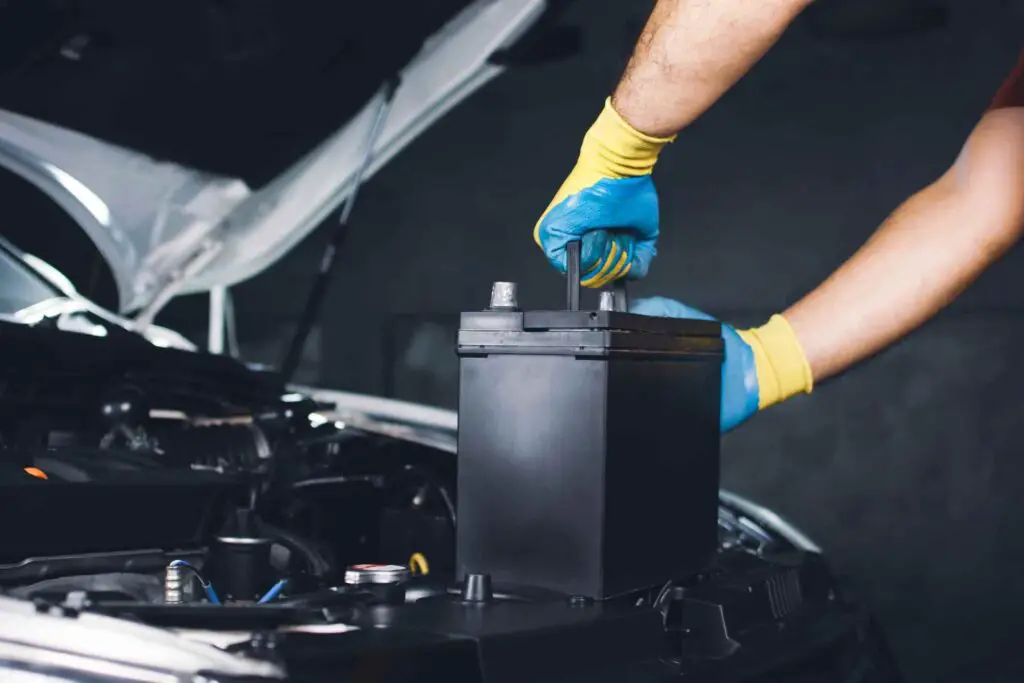
To begin with, EV manufacturers typically provide a battery guarantee for eight years or 100,000 miles, whichever comes first.
So what if your battery stops working after the warranty has expired?
There is still a lack of information in that area. Most electric vehicles have been sold in the last five years.
To avoid coming out as cynical, most batteries haven’t had a chance to malfunction yet.
Yet replacing those that already exist is not inexpensive. Recurrent Auto’s meta-analysis shows that a battery replacement typically costs $22,000 for a Tesla Model S and $12,000 for a Nissan Leaf (parts and labour).
Conclusion
Are there any additional expenses to owning an electric vehicle? Will you be liable for several extra expenditures besides the vehicle’s purchase price when you purchase an electric car?
You could even feel overwhelmed by the various electric vehicle alternatives available today. Yet regrettably, no automaker provides you with enough details regarding the unstated costs.


